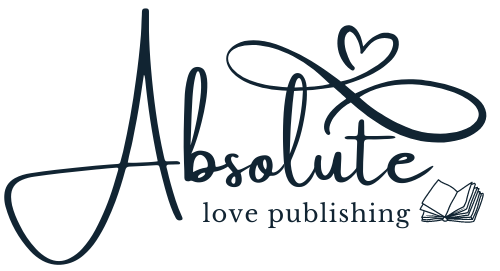 While most authors know they have to query editors, agents, and publishers if they want to get their work out there, few seem to know how to do it successfully. Stand out from the crowd and get your manuscript noticed by ensuring your queries feature these five elements.
While most authors know they have to query editors, agents, and publishers if they want to get their work out there, few seem to know how to do it successfully. Stand out from the crowd and get your manuscript noticed by ensuring your queries feature these five elements.
1. An effective hook. When our editor opens an author’s query, the first thing she looks for is the hook. What is your book about, and why should we care? An effective hook answers these questions clearly, concisely, and quickly. ALP Editor’s Tip: Your hook should be one of the first things an editor or agent sees upon opening your letter or email (after the salutation, of course). Don’t bury it at the end, after you’ve described yourself, your platform, and your intended audience. None of those things matter if you can’t hook your reader.
2. Personalization. This is the second thing we look for in evaluating an author’s query. Why are you sending your book to us? A successful query letter will show an agent or editor that you’ve researched the company and have a solid understanding of what they publish and why. ALP Editor’s Tip: The “why” is important. Most publishing houses have an underlying theme to what they publish. Make sure you know what it is and how your book fits in with it before you make your pitch.
3. Information about the book. This may seem self-evident, but you’d be amazed at how many queries we receive that don’t include a clear explanation of the book. If an editor or agent reads to the end of your query and still doesn’t know what your book is about or how you’re going to present it, then chances are good you won’t get a response. ALP Editor’s Tip: Queries should be brief, so you don’t have to send a full-page synopsis unless the company asks for one. You should, however, include the following information somewhere in your query: working title, number of pages, genre, and one-sentence summary. If you are querying a fiction piece, make sure your summary focuses on the plot.
4. Information about your market. Who is your intended audience? Why will they want to read your book? You don’t have to go into much detail here, but editors and agents want to know that you’ve put some thought into this. ALP Editor’s Tip: Bonus points are typically given for showing an understanding of the competition. Provide information about similar books currently on the market, and tell us why your book is better than what is already out there.
5. Author bio. Who are you? What makes you qualified to write this book? What is your reach? If you’re a nonfiction author, highlight your relevant credentials. If you’re a fiction author with 10,000 Facebook fans, 5,000 monthly views on your blog, or a sizeable email list, make sure you mention it in your query. ALP Editor’s Tip: If you haven’t been published before and you don’t have much to add to your bio, put extra effort into your market research and hook. If you can get the editor or agent significantly excited, it may not matter that you don’t have an established platform.


